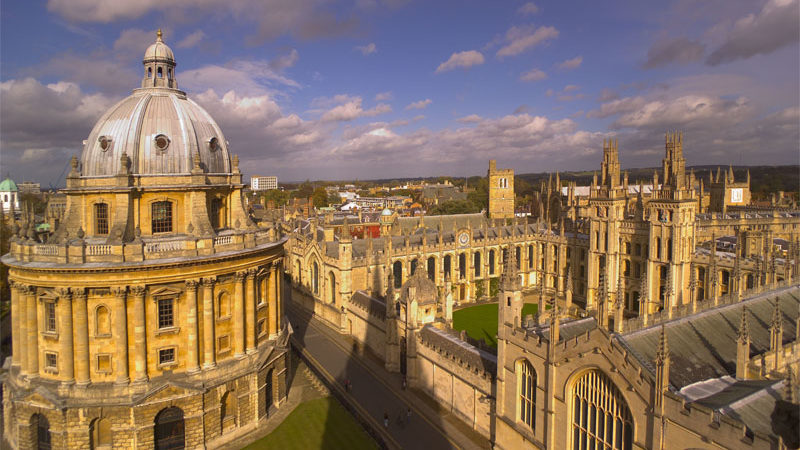
Higher education in Europe is going through the biggest changes since the Renaissance. With the UK’s Conservative-Liberal Democrat government increasing tuition fees, cutting university places and slashing universities’ budgets, the debate around improving access is often overlooked.
The UK is highly unequal. Fair access matters. Fair access is about removing barriers to higher education for students from that would not have traditionally studying for university qualifications. Providing opportunities for talent students from non-traditional backgrounds benefits the whole of society, not least because it stimulates economic growth. In a fair society, everyone who has the talent should have the opportunity to study at university. The most talented students should go to the best universities.
Sadly this is not the reality. Four schools and one sixth-form college sent more pupils to Oxford and Cambridge between them over three years than 2,000 other schools and colleges combined. One Oxford College did not admit a single black student in five years. A level achievement directly correlates with household income. You can actually predict from the birth weight of a baby how long that person will stay in higher education. (The last statistic is from a book written by Tory Universities Minister David Willets – a shame his policies will only serve to strengthen inequality.)
The fees debate has often centred round the assumption that it is appropriate that the top universities should charge the highest fees. Likewise, less prestigious universities that take a higher percentage of poorer students should offer degrees at lower cost. Poorer students could live at home and study at their less prestigious local university. Poorer students could study part-time or by distance learning. The two-tier system this creates would be regrettable but inevitable.
But what makes a good university? There is no formal UK accreditation system for ranking university undergraduate degrees. Newspapers compile their own rankings based in part on the relevant A level scores achieved by university entrants. This approach effectively treats university as a reward for high A levels.
Universities that are strongly committed to improving access to higher education have flexible admissions policies. Such universities welcome applications from students who do not have formal or traditional entry criteria but who have relevant experience or the natural ability to undertake a degree. These universities are effectively penalised in the newspaper league tables, with implications for the levels of funding they receive.
Why should universities with successful widening participation programmes (with all the associated challenges of recruiting and supporting students from non-traditional backgrounds) be able to offer education at two thirds of the price of the “top” universities? Logically, universities with successful fair access schemes should receive more funding than “top” universities who admit fewer students from deprived backgrounds. After all, it is more expensive for the former to run their degrees. A Vice-Chancellor of a former polytechnic put this argument to the Deputy Leader of the Liberal Democrats:
“I got Simon Hughes to agree with me. But then you can get him to agree to anything these days.”




More from LabourList
‘Labour council candidates – it’s tough, but all is not lost’
‘Labour won’t stop the far right by changing leaders — only by proving what the left can deliver’
‘Cutting Welsh university funding would be economic vandalism, not reform’